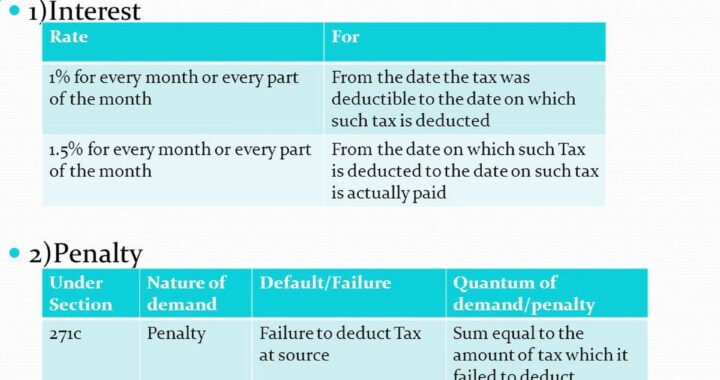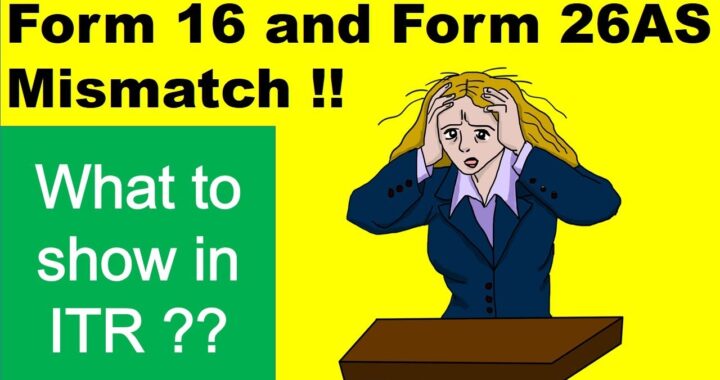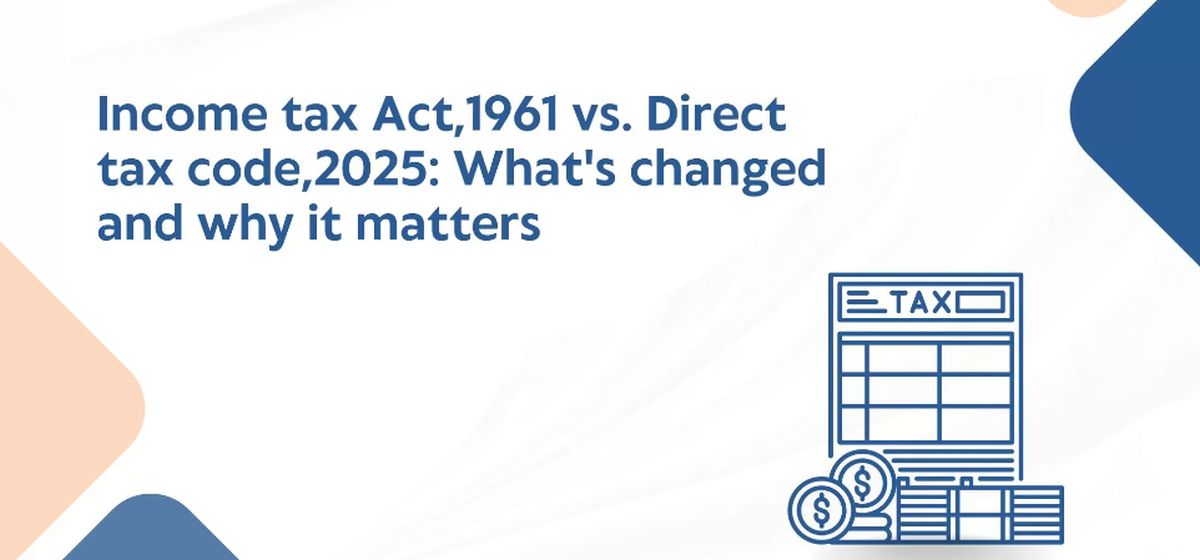Section 50C (1) of the Income Tax Act is retrospective in nature

 The Income Tax Appellate Tribunal at Ahmadabad in the case of Dharamshibhai Sonan 22, Kamalpark Row House, Kapodara, Varachha Road, Surat – 395 006 having PAN no. BAOPS 8772 A (Appellant) vs. Asst. Commissioner of Income Tax, Circle – 9, Surat (respondent)being I.T.A. No. 1237 /Ahd./ 2013 in connection with the Assessment Year 200 8-09 has held that Section 50C (1) of the Income Tax Act is retrospective in nature.
The Income Tax Appellate Tribunal at Ahmadabad in the case of Dharamshibhai Sonan 22, Kamalpark Row House, Kapodara, Varachha Road, Surat – 395 006 having PAN no. BAOPS 8772 A (Appellant) vs. Asst. Commissioner of Income Tax, Circle – 9, Surat (respondent)being I.T.A. No. 1237 /Ahd./ 2013 in connection with the Assessment Year 200 8-09 has held that Section 50C (1) of the Income Tax Act is retrospective in nature.
Date of hearing:
The hearing was concluded on 26 .0 7.2016.
Date of order:
The order was pronounced on 30.09.2016 by the bench comprising of Pramod Kumar, Accounts Member.
Pleaders engaged:
Sri Manoj N. Makhania, Advocate appeared on behalf of the appellant and Sri Satish Solanki, appeared on behalf of the respondent.
Backgrounds of the appeal:
The assessee appellant filed the appeal challenging the justification of the order dated 21.1.2013 passed by the learned CIT(A) regarding the assessment made under section 143(3) read with section 147 of the Income Tax Act 1961, in connection with the assessment year 2008-09.
Grounds of appeal:
The appellant raised the ground of appeal that the learned CIT (A) was wrong in upholding the addition of Rs.15, 60,900 to the sale consideration for computing capital gains under section 50C of the Act.
Facts of the case:
During the reopening of assessment proceedings, the Assessing Officer observed that the assessee and a co-owner sold plot of land at a village in Surat on 24.04.2007 at a consideration of Rs.45,00,000/- .
However according to the registration authority, the land was valued at Rs.76, 21,800/-. For the said reason the Assessing Officer added Rs.15, 60,900/- received by the assessee towards the value of sale consideration for computing capital gains.
The assessee explained that though a registered agreement for sale was entered on 29.06.2005, but the sale deed could finally be executed on 24.04.2007.
As the land was agricultural land and the buyer was a private limited company which could purchase non-agricultural land only and it was required to be converted into non-agricultural land before registration of the deed of sale.
The stamp duty valuation was according to the assessee irrelevant for ascertaining whether the sale consideration should be taken into consideration for the purpose of section 50C of the Act.
This explanation was not accepted by the Assessing Officer. The Assessing Officer considered only the date on which deed of sale was executed.
The Assessing Officer proceeded with the addition sale consideration under section 50C as per stamp duty valuation.
Being aggrieved, the assessee filed an appeal before the learned CIT (A) but did not succeed. The assessee being aggrieved filed a further appeal before the Tribunal at Ahmadabad.
The judgment:
The bench heard the rival contentions and perused the material on record and also considered the circumstances of the case in the present legal position.
The bench observed that the sole purpose of introducing section 50C was to counter concealment of consideration of sale in connection with immovable properties. The section was introduced in the belief that sale transactions are often undervalued resulting to evade tax.
The Section provides for a presumption that the value for computing stamp duty by the valuation authority represents a fair picture of the market price of the property sold.
It provides that where the consideration received for the transfer of a capital asset by an assessee is less than the value adopted by any authority for the payment of stamp duty towards such transfer, the value so adopted shall be deemed to be the full value of the consideration received against such transfer by the assessee.
Though the sale consideration is fixed when agreement to sell is entered into, there is often found that a gap is present between consideration stated in agreement for sale and the actual sale deed.
What is relevant for the purpose of computing stamp duty is the sale deed. But the two values represent the values at different points of time.
Where there is significant difference between the two, the amount which is fixed in the agreement for sale should be considered because if any suppression of consideration is assumed, it should be based on the stamp duty valuation when the sale consideration was fixed.
Section 50 C inserted by the Finance Act 2016, with effect from 1.4.2017, introduced the proviso to Section 50C.
It provides that where the date of the agreement fixing the consideration and the date of registration for the transfer of property are not the same, the value adopted by the registration authority on the date of agreement should be considered for computing full value of consideration for the said transfer.
It was noted that the learned counsel prayed in his detailed written submissions for the amendment to Section 50C for treating the same as retrospective in nature and with effect from 1.4.2003. The plea of the assessee was accepted.It was held that section 50C(1) was retrospective in nature.
In view of the above, the appeal was allowed. The order was pronounced in the open court.
Also read:

 Can an assessee pay House Rent to his parents and claim relief? Would there be any legal complications?
Can an assessee pay House Rent to his parents and claim relief? Would there be any legal complications?  Boost Your Business & Reduce Taxes: A Guide to Maximizing Benefits Under Section 80JJAA
Boost Your Business & Reduce Taxes: A Guide to Maximizing Benefits Under Section 80JJAA  What is remedy to taxpayer if the Tax deductor fails to deposit the TDS or fails to file TDS Return
What is remedy to taxpayer if the Tax deductor fails to deposit the TDS or fails to file TDS Return  What is Income Tax Liability on Income from trading in Future and Options
What is Income Tax Liability on Income from trading in Future and Options  The Importance of Filing Your Income Tax Return on Time: A Financial Must-Do
The Importance of Filing Your Income Tax Return on Time: A Financial Must-Do  Is Addition made by Assessing officer on basis of mismatch between AIR and F26AS Justified
Is Addition made by Assessing officer on basis of mismatch between AIR and F26AS Justified  Major Changes Expected in Direct Tax Code 2025 and why these matter
Major Changes Expected in Direct Tax Code 2025 and why these matter